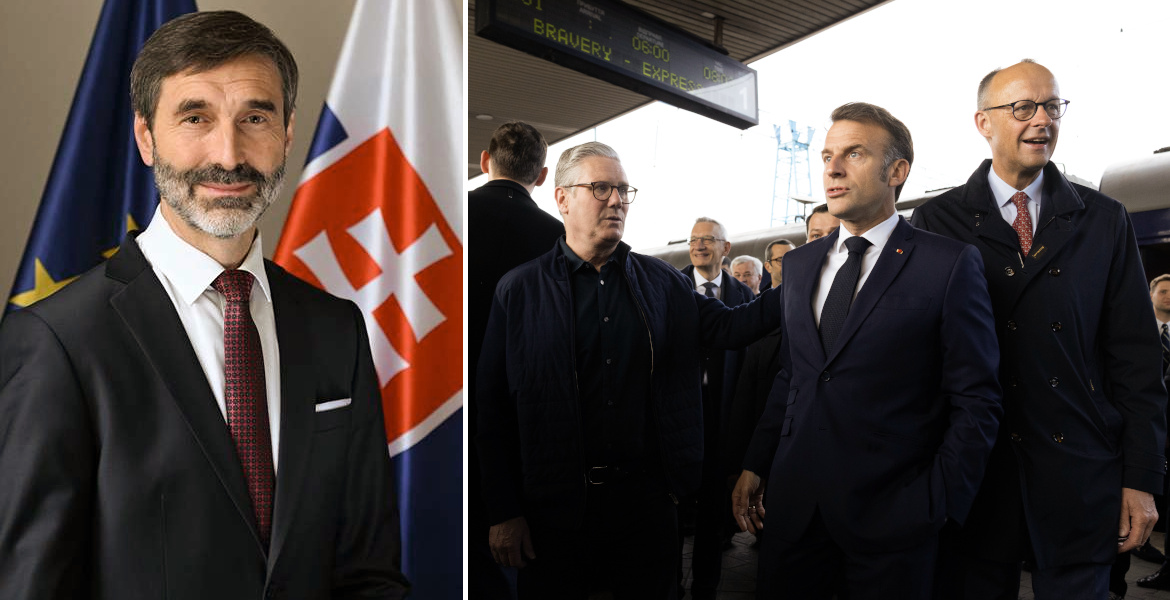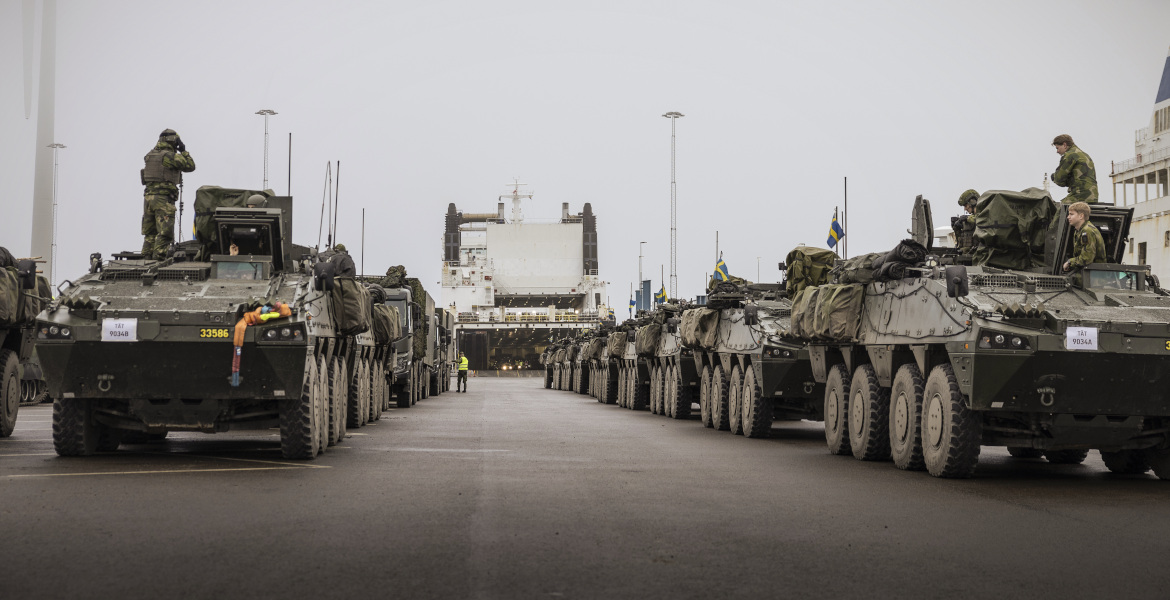Ukrainian President Volodymyr Zelenskyj and EU leader Ursula von der Leyen are two of several leaders who have recently called for the creation of a common European army.
However, Polish Foreign Minister Radosław Sikorski dismisses such a solution, stating that “it will not happen”.
– I think we should be careful with this term because different people understand different things. If you understand by it the unification of national armies, it will not happen, Sikorsk explained in an interview with Telewizja Polska at the weekend.
Poland’s foreign minister also dismissed the idea of an EU peacekeeping force in Ukraine after a possible future ceasefire.
– This is not a consideration because Poland’s duty to NATO is to protect the eastern flank, i.e., its own territory, he said.
However, the minister is in favor of EU countries rearming their own armies and developing their defense capabilities. According to Sikorski, Poland has long been pushing for the EU to relax funding rules so that member states can more easily invest in defense without violating the set budget rules.
“A threat to the existence of NATO”
Speaking at the Munich Security Conference on Saturday, Zelensky declared that a “European army” must be created and argued that “decades of the old relationship between Europe and America are ending” – after US Vice President JD Vance harshly criticized European countries and their leaders.
However, the idea is not Zelensky’s, nor is it new – in 2019, for example, French President Emmanuel Macron and former German Chancellor Angela Merkel argued that an EU army should be established and that Europe must start pursuing a policy of “strategic autonomy” from Washington.
Even Italian politicians have argued that the EU cannot have a credible foreign policy without a common military.
The idea of forming a pan-European army as an alternative to the US-led military pact began to circulate some 20 years ago – an idea then US Defense Secretary William Cohen described as “a threat to the very existence of NATO”.









